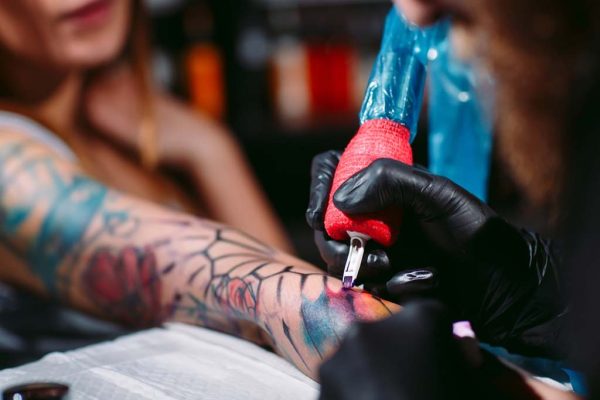A pregnant horse can inspire wonder, and for horse lovers and breeders an equine pregnancy can be an important period. A horse’s pregnancy will last between 11 and 12 months, and it is important that you care for them properly during this time.
The chief goal of any breeder is to ensure their horse navigates their pregnancy successfully and safely. Simultaneously, it will be important that the foal is healthy. Today we are going to give you an insight into equine pregnancy. Moreover, we are going to provide tips for taking care of your pregnant horse.
Ensure a Proper Diet Plan Is Followed
If you are new to breeding horses, you may be under the impression that a pregnant horse requires a special diet and tonnes of extra calories. This is not the case. This segment’s title suggests that a proper diet plan needs to be followed, but this diet plan needn’t be any different from your usual plan for most of the pregnancy. For the first 8/9 months of pregnancy, your horse will not usually require any special dietary requirements. You just need to ensure that they have healthy, sufficient nutrition, access to water and are allowed to graze.
It is always best to avoid overfeeding your mare, as this can lead to a number of health complications during pregnancy. If you are especially concerned about your mare’s diet or suspect you are over or underfeeding your horse, it is best to reach out to your vet. They will likely have seen it all before, and will be able to advise you on how to navigate any dietary issues.
From eight months onwards you may need to increase your mare’s calorie intake, and essential nutrients may need to be boosted in the diet. There are mineral and vitamin supplements that are readily available that will help to increase nutrients, such as protein and calcium. As always, we encourage you to speak to a qualified professional before introducing any supplements into your mare’s diet. They will assist you and help create a food and nutrition plan that helps you yield the best results.
Consider Housing Carefully
Naturally, your mare is going to be vulnerable during pregnancy. Resultantly, housing is an important consideration. We encourage you to practise good stable hygiene, and perhaps look at housing your mare separately. Doing this will ensure your pregnant horse is in a stress-free environment away from other horses. If this is not possible, house your mare in the stable furthest away from your other horses.
Overcautious owners may be tempted to lock their mare in the stable all day, away from other horses and potential issues. However, it is best that your horse still gets plenty of fresh air, sunlight and light exercise during pregnancy. Although equine stables are a great housing option, you must ensure your mare is encouraged to spend time outdoors. If you are assessing your housing options, the team at Kit Buildings Direct craft some of the finest steel frame equestrian buildings on the market.
Make Healthcare a Priority
A solid healthcare routine should be implemented and followed regardless of pregnancy. When your mare is pregnant, you will still need to ensure they are cared for and have access to healthcare if needed.
A vet will be a valuable resource during your mare’s pregnancy. They will be able to advise you on a number of issues, and will have invaluable insights on healthcare.
Worming is important, and a dose will likely be required before foaling to prevent transmission to the foal. Your vet will be able to advise you on the best wormer, as some may not be safe to use during pregnancy.
You may also need to vaccinate your horse before and during pregnancy. Some common things that you should vaccinate against include: Equine herpesvirus, rota virus, tetanus and influenza. Although equine arterial virus is rare, it can cause major complications for your mare and her foal. You should speak to your vet about any vaccinations, and create a plan that provides your mare with everything needed to birth the foal successfully.
As previously mentioned, your equestrian building can be a breeding ground for diseases. It is best to ensure any stables are regularly cleaned, and all your horses are vaccinated and cared for.
Keep Your Mare Fit
Unless you have been told otherwise by your veterinarian, your mare should be kept fit and healthy for the majority of the pregnancy. For the first seven months, moderate exercise as well as riding are usually fine. We encourage you not to work your horse too hard, for obvious reasons.
In the last few months of pregnancy, you will want to lessen your mare’s exercise regime. Stick to light exercise only, and avoid your mare overexerting herself.





